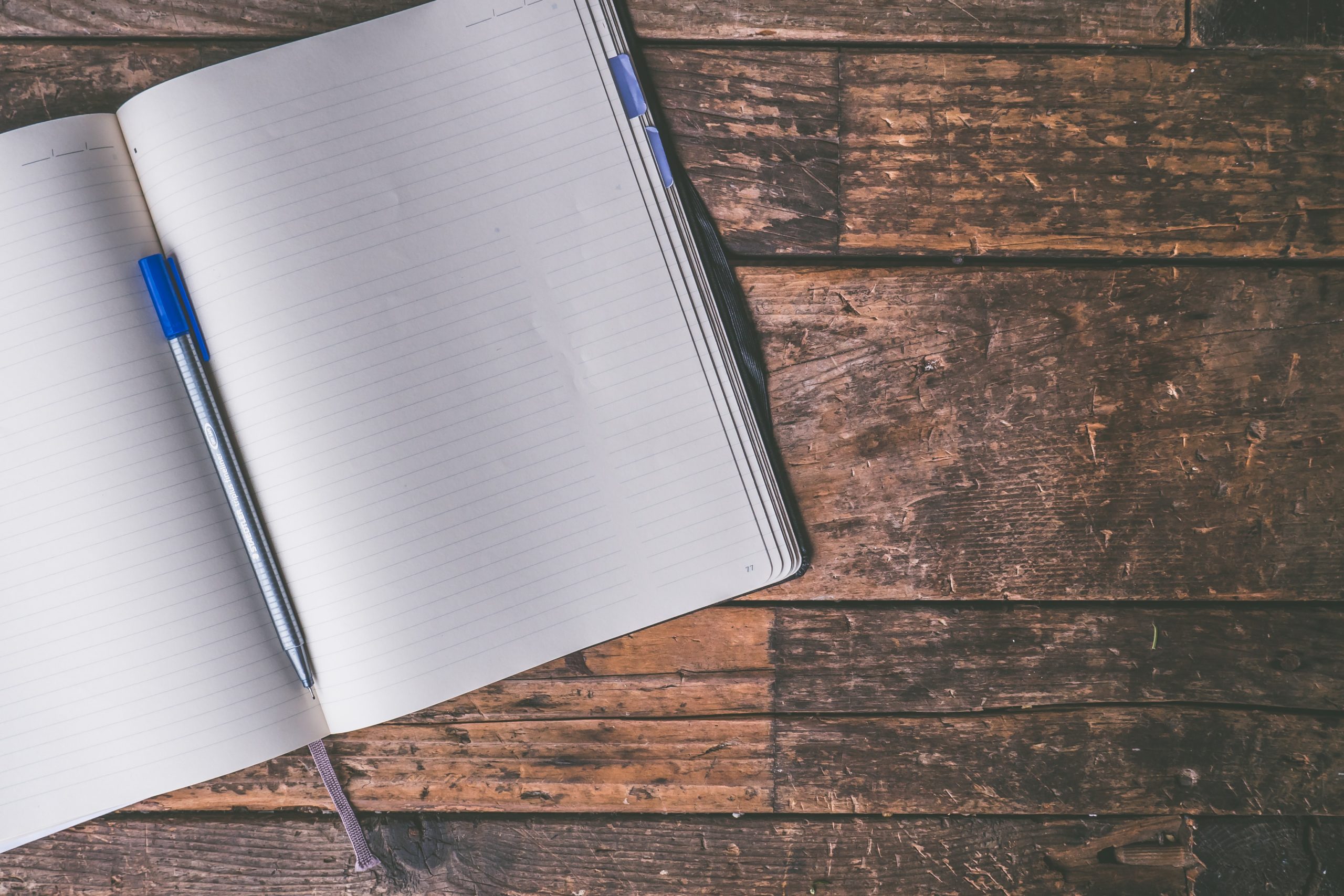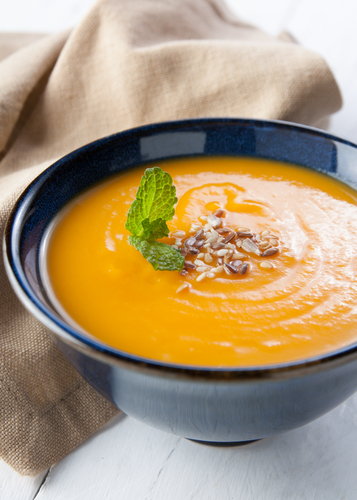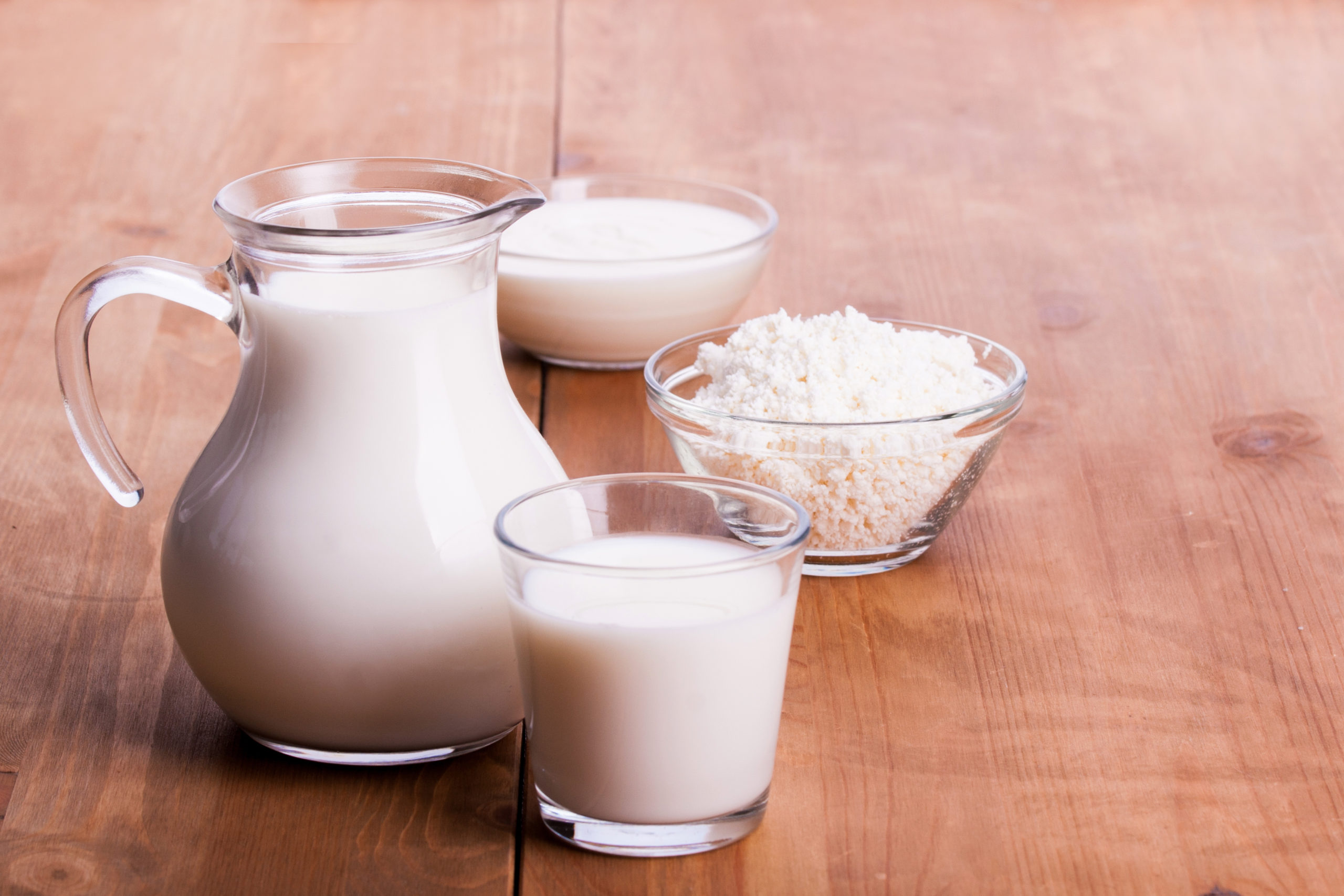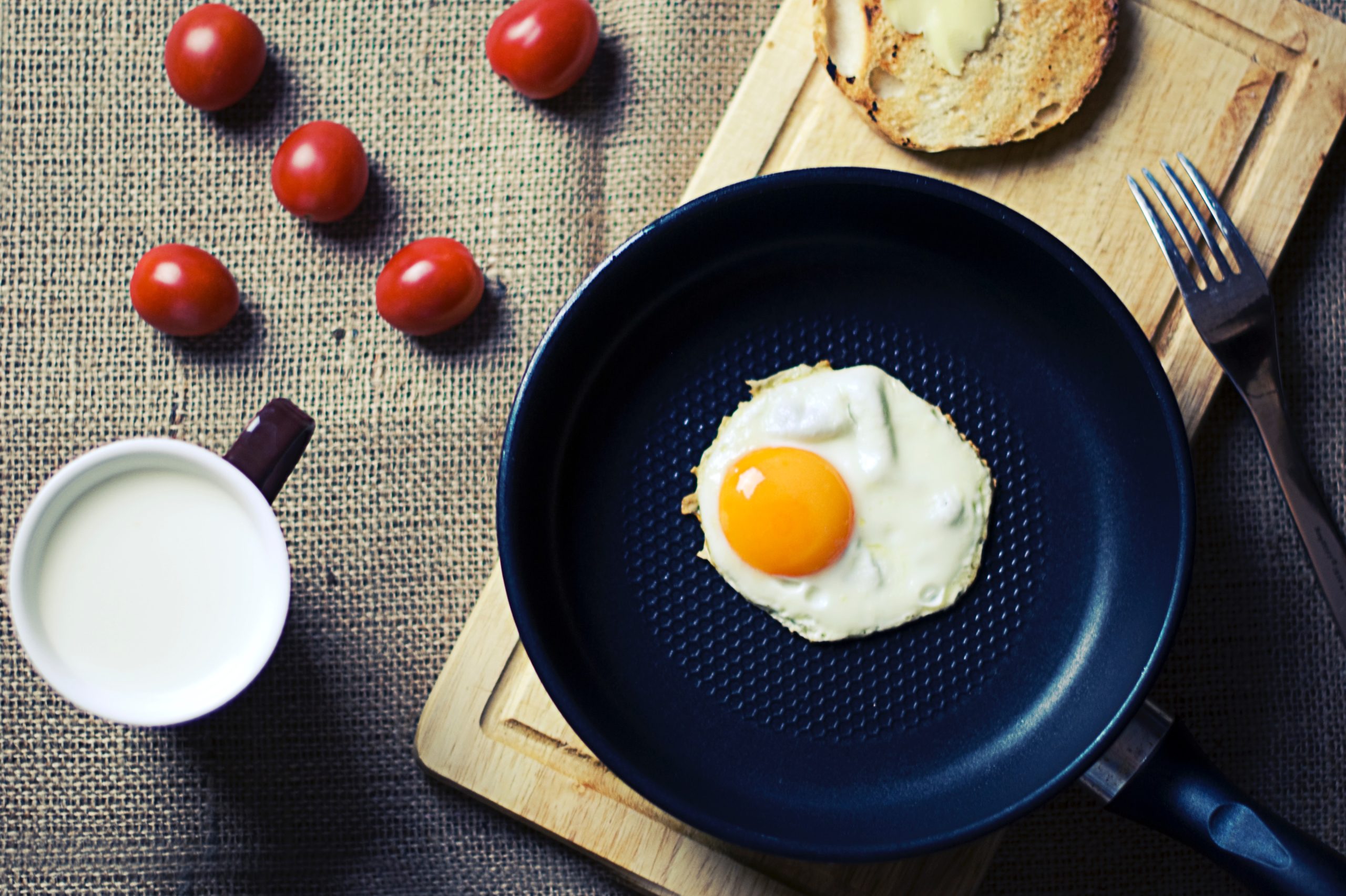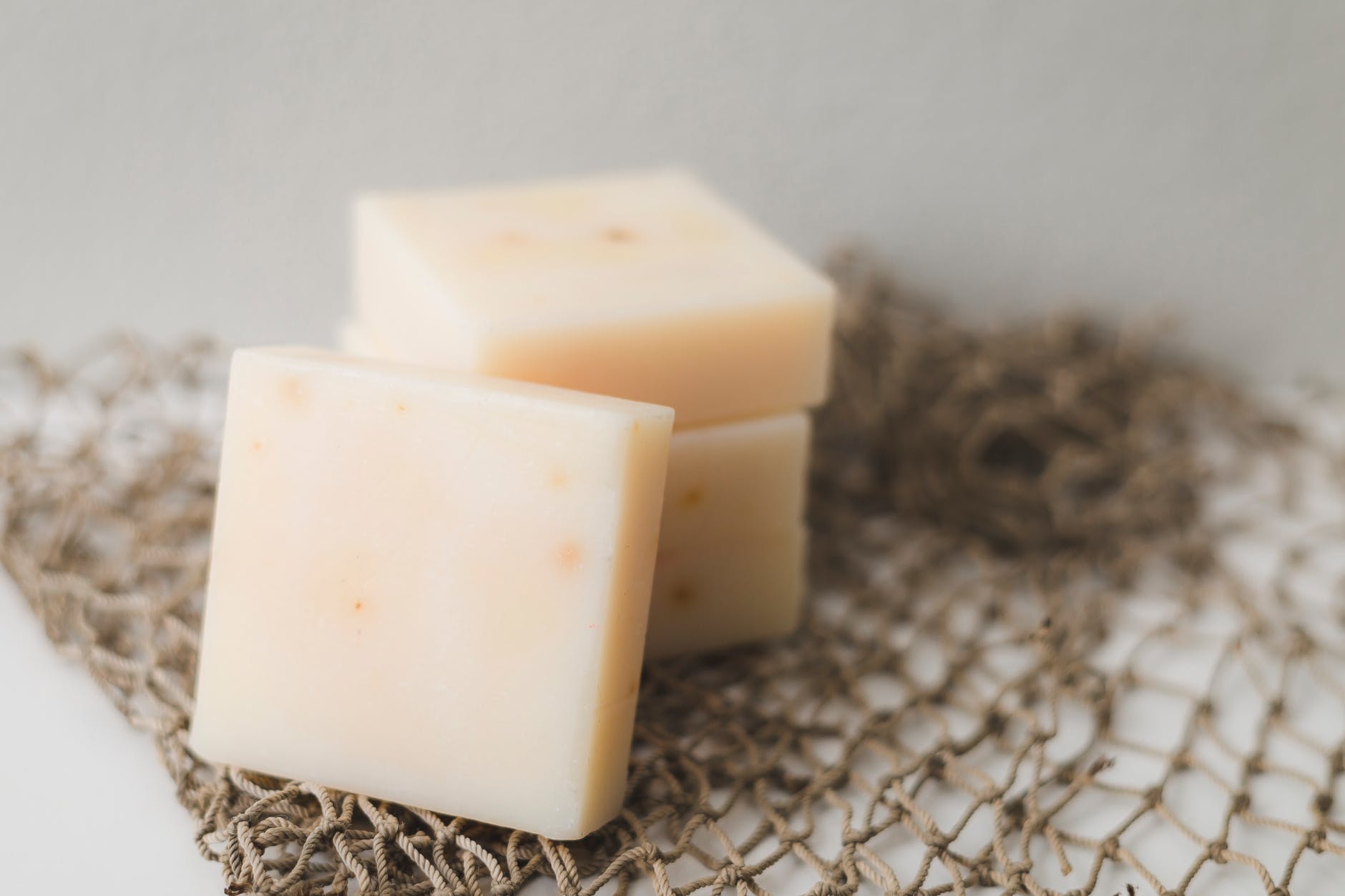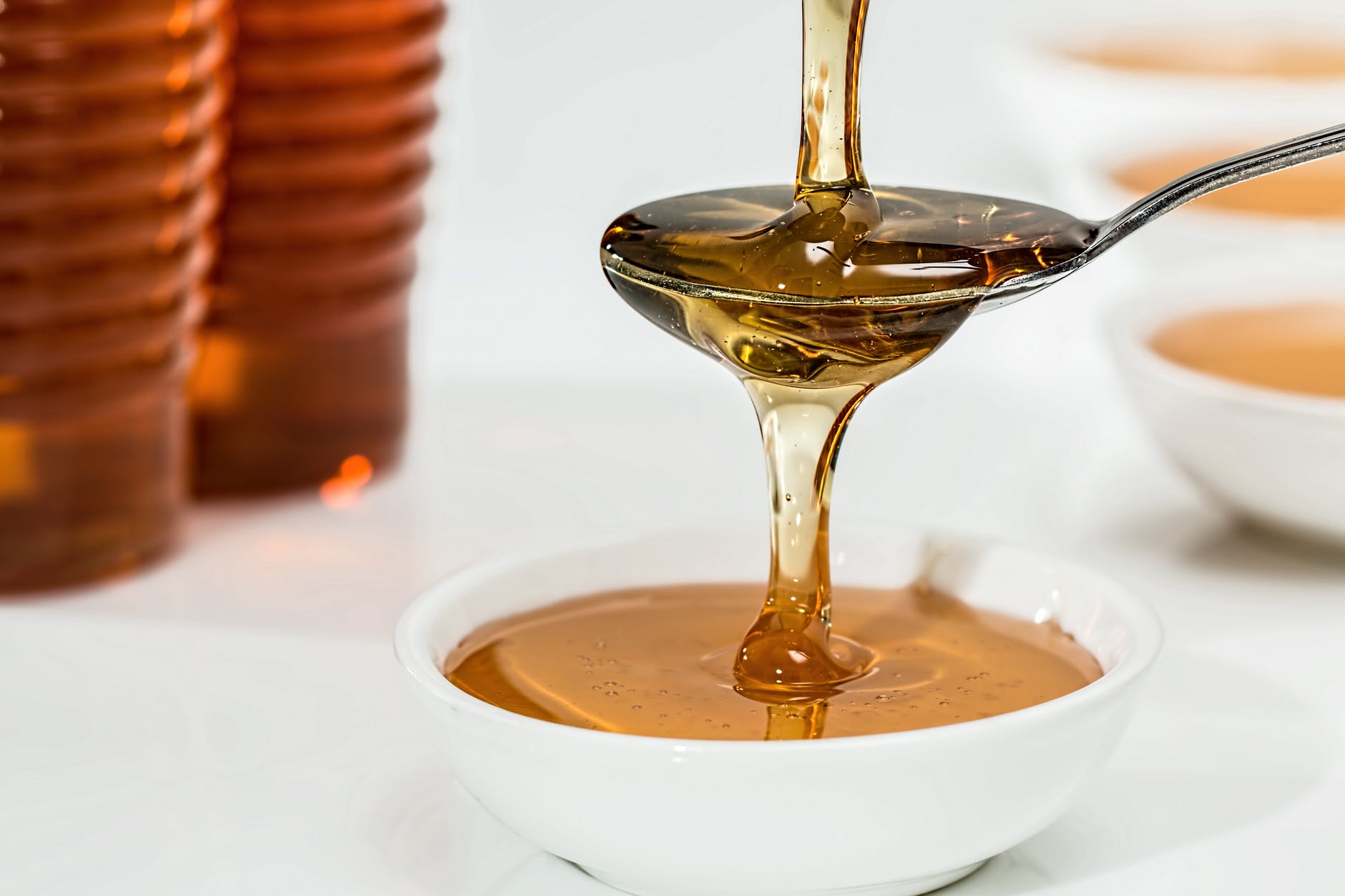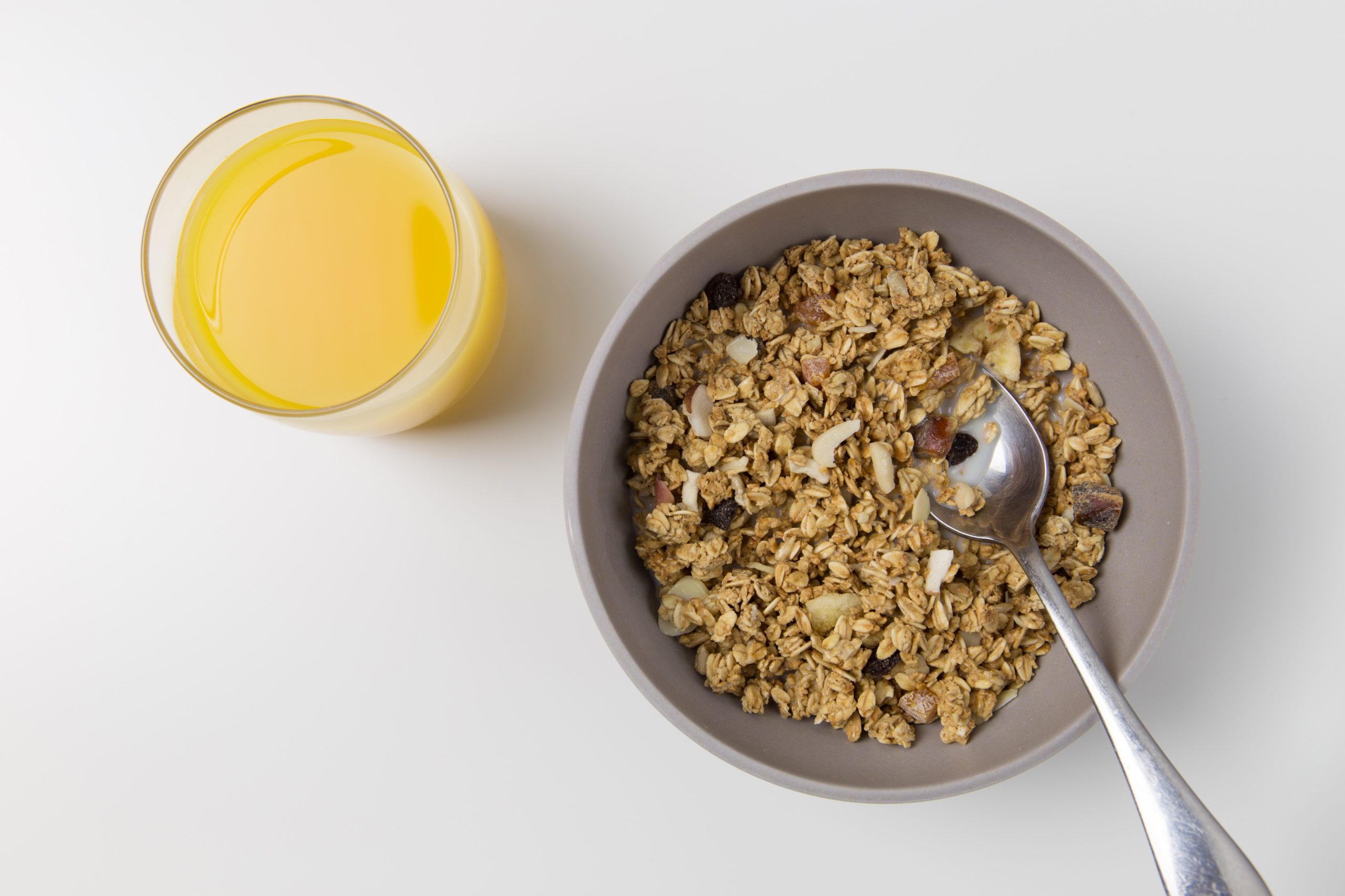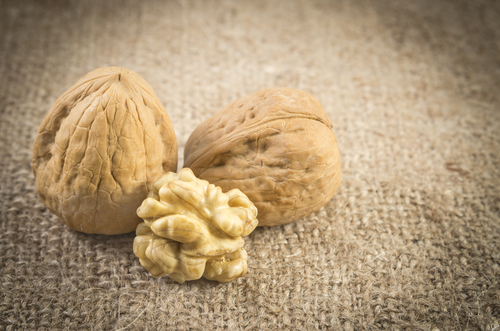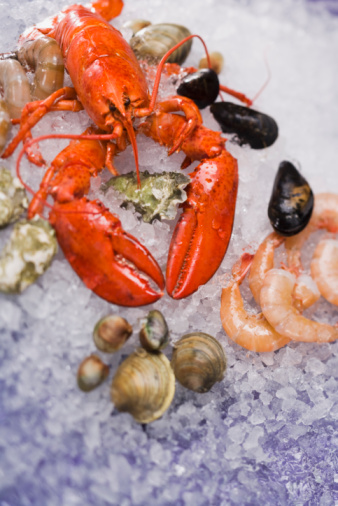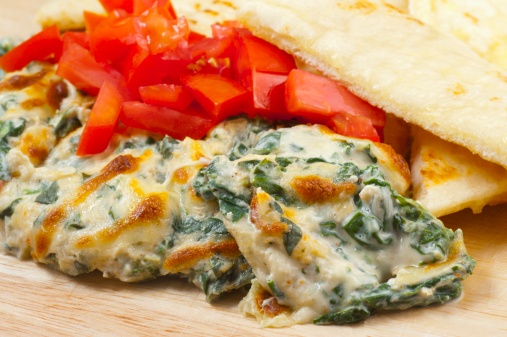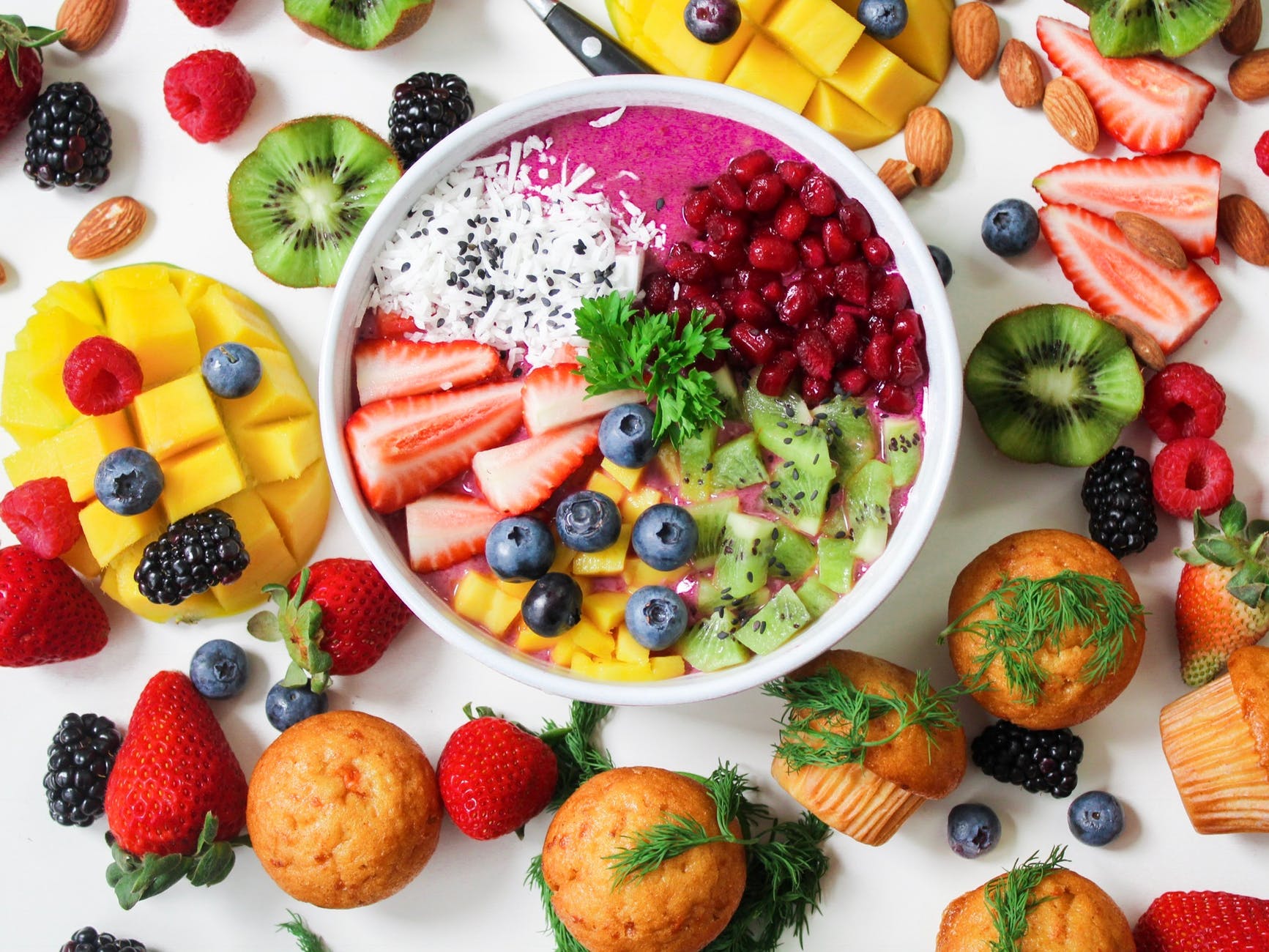Ways to Soothe Yourself Without Food
Ways to Soothe Yourself Without Food
Food has the power to temporarily alleviate stress and sadness, enhance joy, and bring us comfort when we need it most. Maybe it’s cultural, or maybe it is the way in which we celebrate victories, birthdays, memories, the end of each workday, and pass the time in between? It is no wonder experts estimate that 75 percent of overeating is triggered by our emotions, not physical hunger. So much overeating is caused not by hunger, but by our emotions. Eating is a common coping mechanism for stress, anxiety, and emotional turmoil, but the ramifications can be significant. Most Americans are overweight and many suffer from resultant health problems because, for them, food is therapy.

Retraining our minds and consciousness to be more present and mindful of what we crave (whether it’s the social interaction between people, knowing and feeling that we are not alone in our day to day routine, or trying to heal from a real obstacle that is causing us physical and emotional pain), we are all capable to soothe ourselves through dozens of mindful activities-that do not involve the action of eating- and that are healthy for the mind, body and spirit.

It is no wonder why popular reality television shows such as “Biggest Loser,” “Heavy,” “Obsessed,” “Extreme Makeover” and “I Used to be Fat” have become so popular in mainstream American and other developed countries. These programs speak to the fact that obesity has become an overriding cultural obsession, but some experts see them as an unhealthy influence. They fret that these shows, which place great emphasis on body image, can encourage eating disorders and other dangerous behaviors. Some participants lose as much as 30 pounds in a single week and run the risk of heart problems, bone loss, and electrolyte imbalances. Some contestants on "The Biggest Loser" have admitted to fasting or dehydrating themselves to drop weight, and at least two had to be hospitalized after they collapsed during a one-mile race. There are innumerable people who find inspiration and motivation, however, in these shows. Maybe that is a start in realizing there is hope out there and that others share the same struggles in not only body image but body impulse toward food?
How about starting from the basics again and listening to our bodies signal to our brains when nourishment is needed? That seems too elementary and frankly “un-fun” and boring to people. How do we celebrate? How will we mark this occasion of a memory or perhaps plain afternoon boredom? There is a great read by author Susan Albers who wrote 50 Ways to Soothe Yourself without Food, a collection of mindfulness skills and practices for relaxing the body in times of stress and ending your dependence on eating as a means of coping with difficult emotions. Diving into more comprehensive reasons as to why people act the way they do toward food, she helps the reader discover easy ways to soothe urges to overeat. The reader will also learn how to differentiate emotion-driven hunger from healthy hunger. This book is designed to help these people find simple, quick strategies for easing emotion-driven hunger.
The notion that people can open this book instead of the refrigerator when they feel stressed and find techniques such as simple exercise, self-distraction, meditation, self-massage, and mindful imagery that can calm feelings of hunger rooted in anxiety, not the need for nourishment, is comforting. Unlike diet books, which tell readers what to eat...
...50 Ways to Soothe Yourself Without Food helps readers discover why they are eating and discover new ways to deal with life's ups and downs.
The book is broken into five categories: cognitive techniques, meditation techniques, body techniques, distraction techniques, and connection techniques. I especially liked how Susan addresses the mind first and how to quiet the voices that control our daily actions and emotions. Listening to the breath and your inner calm is very important as a tool for a constructive and loving self-dialogue about soothing the mind and impulses.
Below are a few techniques I found easy to do and most beneficial:

1. Practice meditating with Dr. Nancy Lin's Podcast, "Braincation" and breathe your way to inner calm. Available for free, almost anywhere podcasts are.
2. Set your inner critic straight, Talk to your anxiety, guilty consciousness, and stresses.
3. Be calm, Practice calmness, Be in the now, say no to zoning out.
4. Change your thoughts, your expectations and change your eating choices. Check out Dr. Nancy's "Breaking the Bad" book on how to shift your mindset to a winning attitude.
5. Journal daily to boost mental health immunity and monitor appetite. Dr. Nancy's 21 Day Journal is the perfect habit to start adopting.
6. Chose optimism, abundance, and happiness.
7. Practice positive and soothing affirmations, power words and statements that lift you up. Leave negative thoughts that do not.
8. Entertain your senses and take a walk outside, walk in the grass barefoot and ground yourself.
9. Practice Yoga, or Exercise and Sweat.
10. Get a Massage, Use infrared saunas, relax and Get extra sleep. Give yourself permission and time to a nap.
11. Work on challenging and fun brain puzzles and games.
12. Create a bucket list, start and complete a craft.
13. Join a social network, volunteer, connect with someone live.
14. Adopt a furry friend or just visit one at a shelter or pet store.
15. Remind yourself of healthy ways to find peace of mind. Everything is great and exactly where it should be.

Resource: Susan Albers: 50 Ways to Soothe Yourself Without Food
